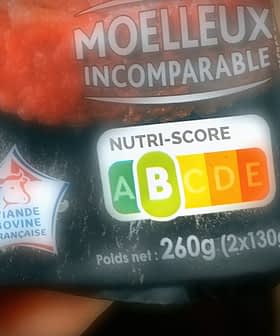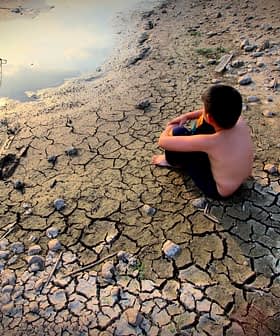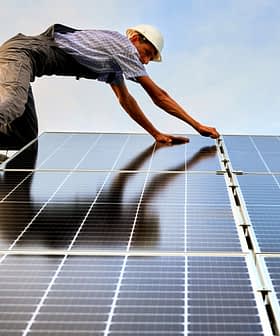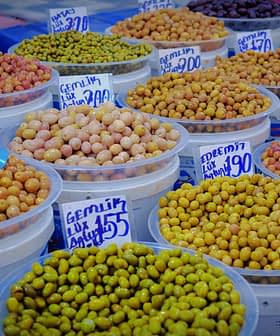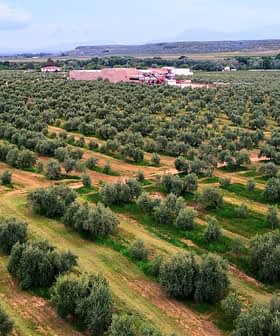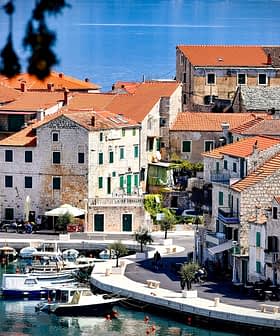French Farmers Feel Impacts of Worsening Drought
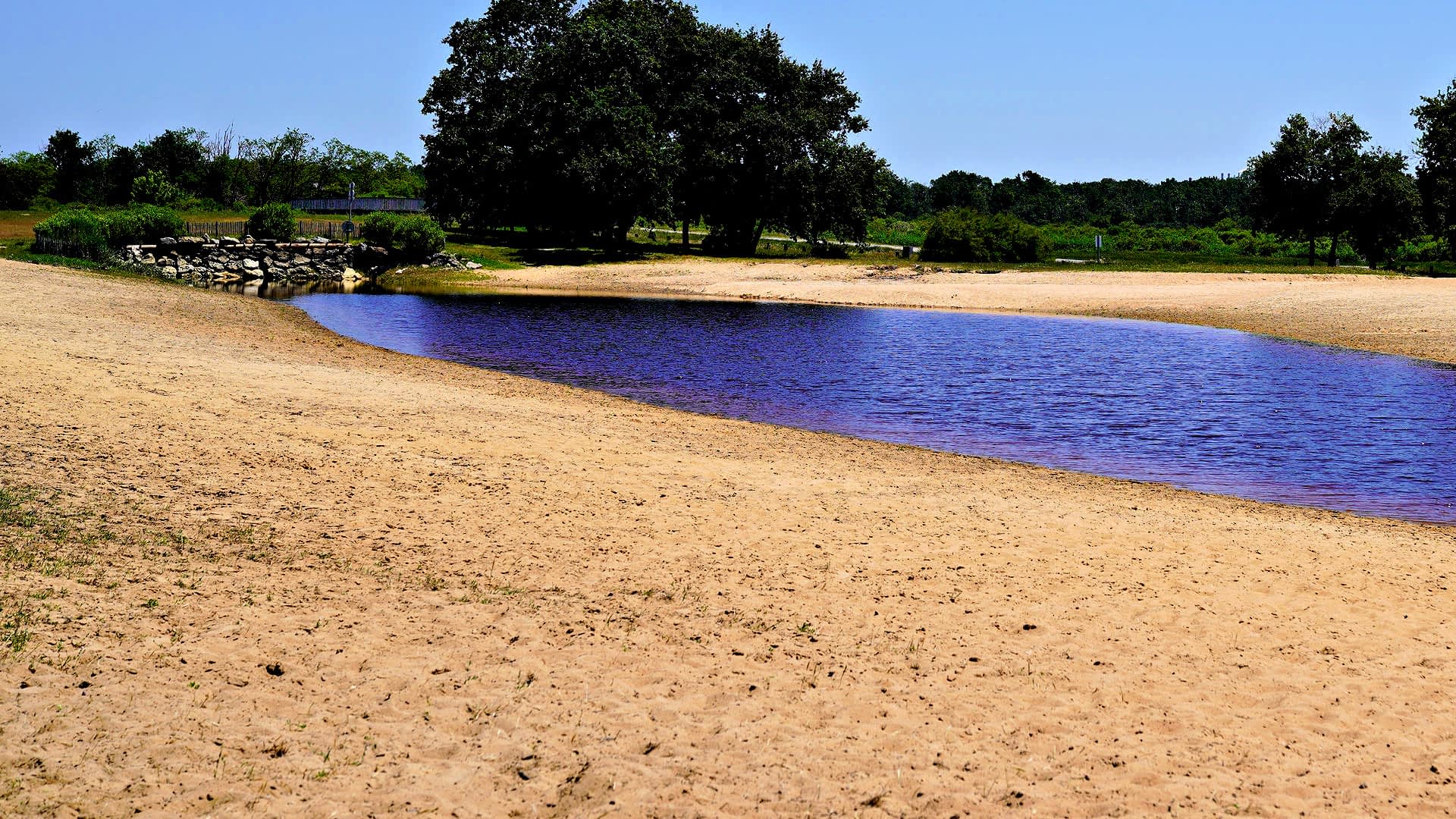
Many regions in France are facing a prolonged drought, impacting water availability, soil moisture, and farming activities, with 76 out of 96 departments in a state of alert and 26 in a state of high alert. The drought risk levels are determined by examining water levels in reservoirs, lakes, and rivers, as well as groundwater and soil moisture levels, with the situation expected to worsen by the end of summer, particularly impacting wheat and barley producers.
Many regions in France face a prolonged drought that is impacting water availability, soil moisture, and farming activities.
Forecasts show that most French departments will have to cope with a long dry summer which will exacerbate the effects of the drought in several areas.
We must be frank, with the hydrological forecasts that Meteo France produced for the end of May and early of June, there will be a whole part of France which will, in any case, be permanently affected.
A map published by the Ministry for Ecological Transition shows that 76 of France’s 96 departments are in a state of alert. Furthermore, 26 (of the 76) are in a state of high alert.
Drought risk levels are determined by examining water levels in reservoirs, lakes and rivers while also considering groundwater and soil moisture levels.
See Also:Drought and Heat Cause Concern for Farmers Across SpainAccording to the ministry, current restrictions on water use are being applied in southern departments, where the vast majority of the country’s olive oil is produced.
According to the French newspaper, LeMonde, the grim forecasts for the current drought are fueled by significantly lower than average rainfall last autumn and winter, which usually replenishes water levels and leads to more availability later in the season.
Simon Mittelberger, a climatologist at Méteo-France, told LeMonde that the situation would likely be worse in 22 departments by the end of summer.
Water scarcity in May, paired with lower soil moisture and record-breaking heat, is having a particularly profound impact on agriculture.
“The month of May is not only very hot but also very dry,” Olivier Proust, a forecasting engineer at Météo-France, told Agence France Press. “From the Belgian border to the Atlantic, we have a 20 to 30 percent rainfall deficit.”
This summer, the most significant impacts are expected to be felt by wheat and barley producers.
“The plant is in the run-up phase at the moment, a crucial period that determines the number of grains and their quality,” said Joël Limouzin, a farmer and vice-president of the National Federation of Farmers’ Unions.
He added that many farmers in several areas, including ones that do not usually need to, have already used irrigation to sustain the crops used for animal food.
See Also:Farmers Are Facing the Brunt of Portugal’s Worsening Drought“We must be frank, with the hydrological forecasts that Meteo France produced for the end of May and early of June, there will be a whole part of France which will, in any case, be permanently affected,” Jean-Charles Deswarte, an agronomist at the crop institute Arvalis, told Reuters.
According to Deswarte, almost one-third of crop potential has already been lost in regions with dropping surface or mid-soil water levels. As a result, crop potential could fall by 50 percent in some areas.
“Whether it be for corn, sunflower or sorghum when there is no water, there is no plant,” he said.
Given the situation and the enormous amount of water needed for the sector, the agri-food industry in several areas is campaigning to reuse treated wastewater, regulations which are considered more strict in France than elsewhere in Europe.
The water scarcity situation is especially worrying for southern France, and many areas where olive trees are grown are currently affected by the drought.
In the southeast, rainfall levels are down 53 percent, from Bouches-du-Rhône to Alpes-de-Haute-Provence.
The prefecture of Bouches-du-Rhône has activated a state of crisis for the Huveaune river basins, which means 19 municipalities and some areas of Marseille face water restrictions. Several portions of the river have reportedly dried up.
To limit the effects of the drought, the ministry said the measures aim to preserve water “and ensure access to drinking water and for public health while remaining attentive to the challenges of agricultural and energy activities.”
“In the face of drought, saving water must be everyone’s business,” the ministry concluded.


